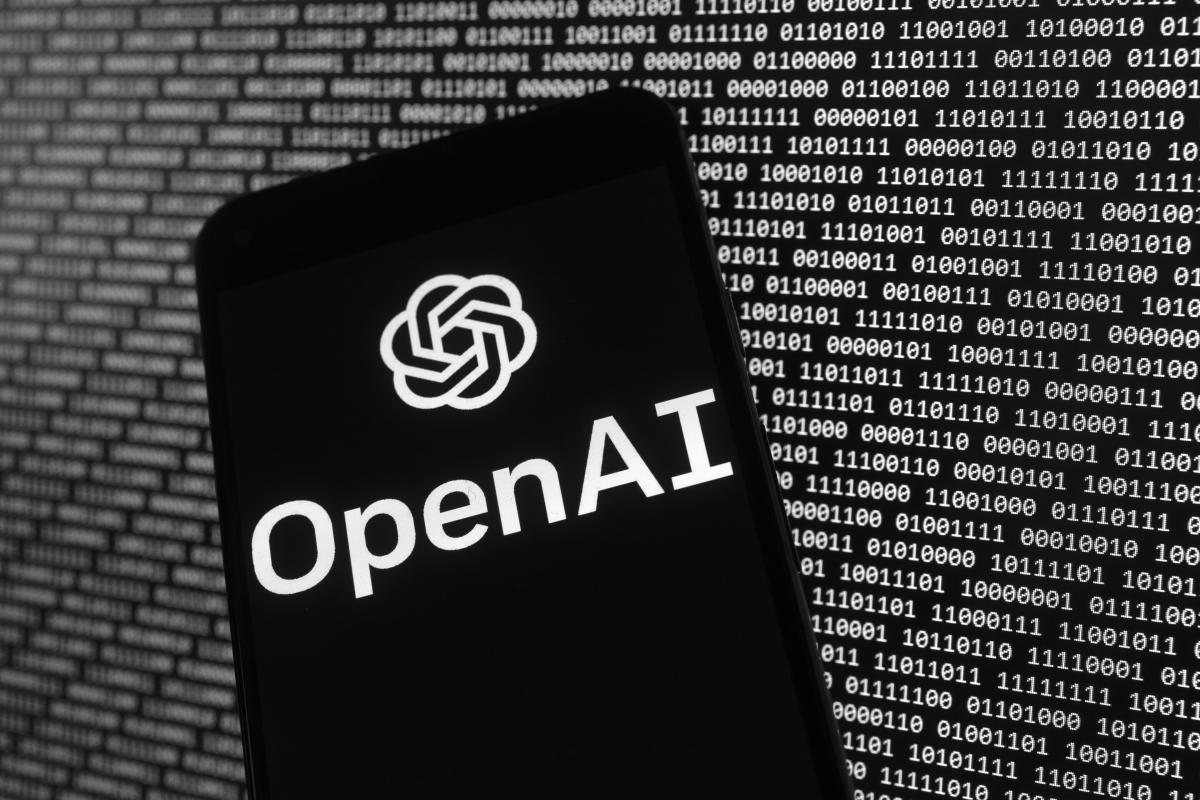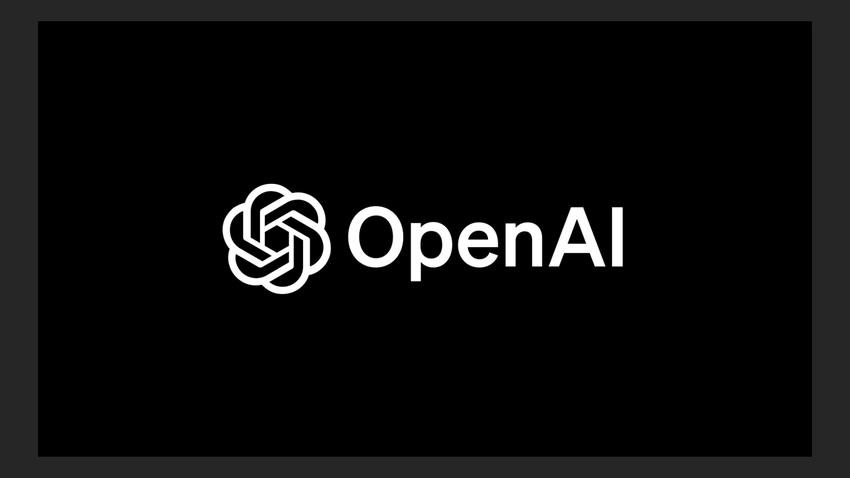OpenAI has unveiled a groundbreaking initiative called Data Partnerships
Acknowledging these challenges, OpenAI has unveiled a groundbreaking initiative called Data Partnerships .This program aims to foster collaboration with external entities to develop new and improved datasets for AI model training. envisions Data Partnerships as a means to “enable more organizations to help steer the future of AI” and to derive “benefit from models that are more useful.”
In the ever-evolving landscape of artificial intelligence (AI), one glaring issue persists – the inherent flaws within the datasets used to train AI models. These datasets often exhibit U.S. and Western-centric biases, a consequence of the dominance of Western images on the internet during their compilation. The recent revelation by the Allen Institute for AI emphasized that large language models, such as Meta’s Llama 2, are trained on data containing toxic language and biases, exacerbating these issues when models are deployed.
In a blog post, OpenAI articulated its commitment to crafting AI that is not only safe but also beneficial to humanity as a whole. To achieve this, the organization recognizes the necessity for AI models to possess a deep understanding of diverse subject matters, industries, cultures, and languages. OpenAI emphasizes the need for broad and comprehensive training datasets, encouraging organizations to contribute content to enhance the models’ understanding of specific domains.
Under the Data Partnerships program, intends to amass “large-scale” datasets that accurately reflect human society and are not readily available online. The company will explore various modalities, including images, audio, and video, with a particular focus on data that “expresses human intention” across different languages, topics, and formats – such as long-form writing or conversations.
OpenAI is prepared to collaborate closely with organizations, employing technologies like optical character recognition and automatic speech recognition to digitize training data. To address privacy concerns, the organization commits to removing sensitive or personal information when necessary.
The initiative’s initial phase involves the creation of two types of datasets: an open-source dataset available for public use in AI model training and a set of private datasets tailored for training proprietary AI models. Private datasets are designed for organizations seeking to keep their data confidential while enhancing OpenAI’s models’ understanding of their specific domain. cites examples of its collaboration with the Icelandic Government and Miðeind ehf to improve GPT-4’s proficiency in Icelandic and with the Free Law Project to enhance the models’ comprehension of legal documents.
In its call for partners, expresses its eagerness to collaborate with organizations dedicated to assisting in teaching AI to comprehend the world comprehensively for the benefit of everyone. However, questions linger about whether OpenAI can overcome the challenges that have confounded previous dataset-building efforts, especially in minimizing biases. The blog post, while ambitious, also raises concerns about potential commercial motivations, prompting a closer look at the transparency of OpenAI’s processes. This scrutiny becomes more pertinent in the context of open letters and lawsuits from creatives alleging that OpenAI has used their work to train models without permission or compensation.
As OpenAI embarks on this venture, the effectiveness of Data Partnerships in addressing dataset biases and fostering fairness in AI remains to be seen, and stakeholders are likely to closely monitor the transparency and ethical considerations throughout the initiative.









